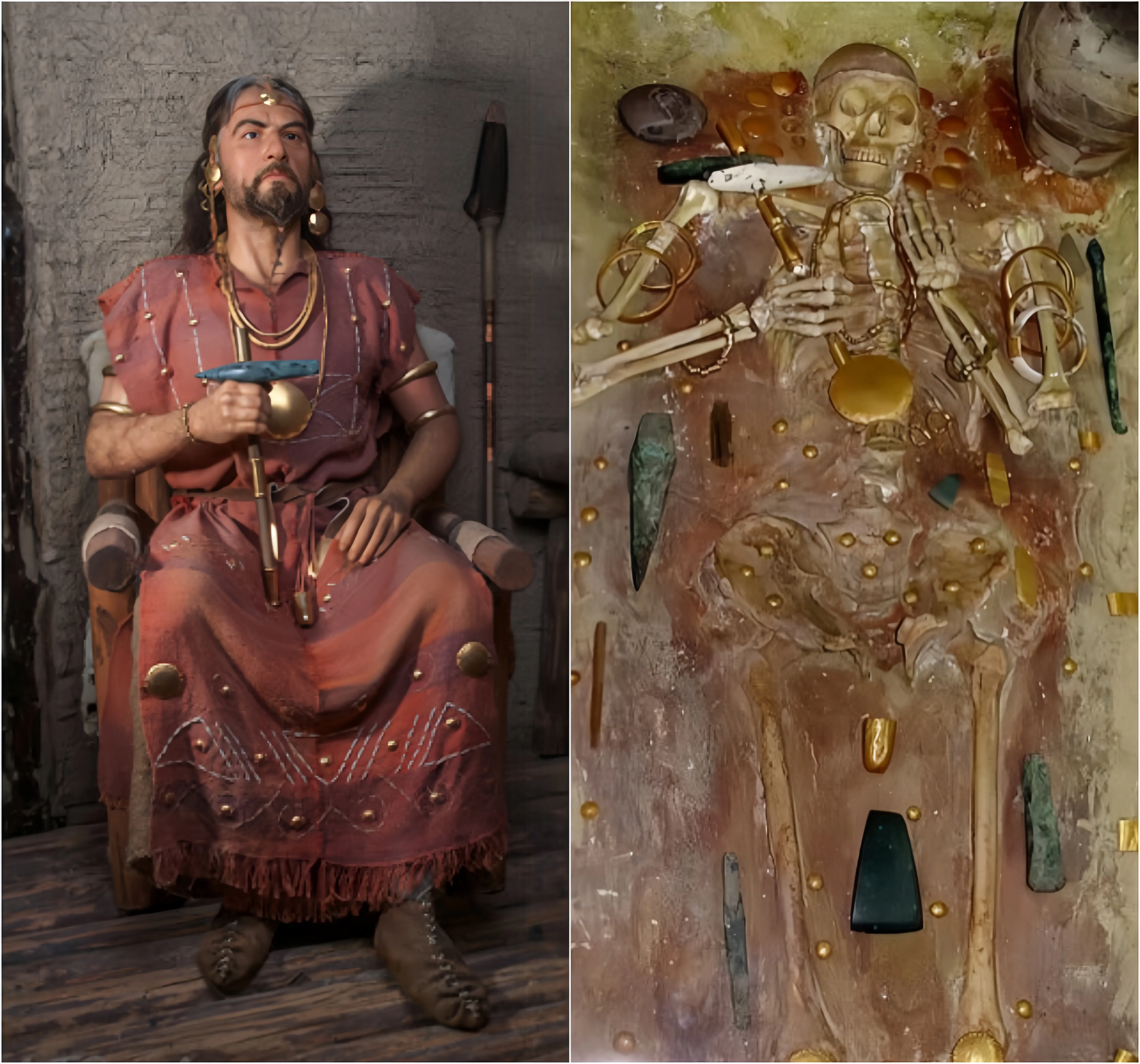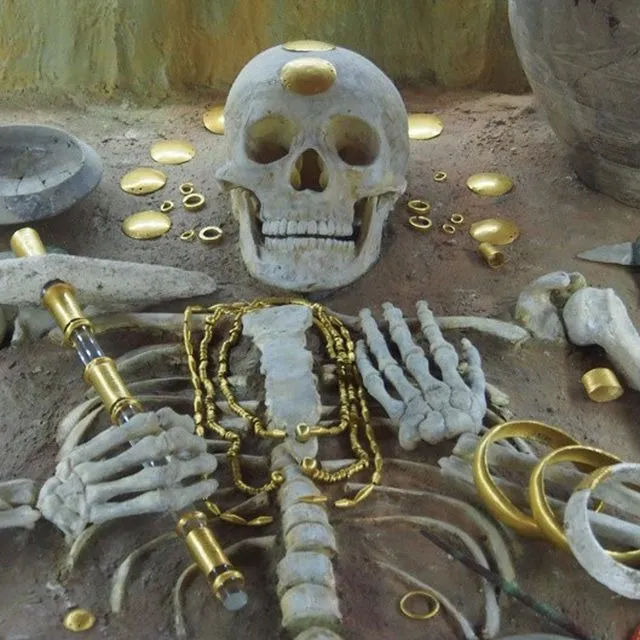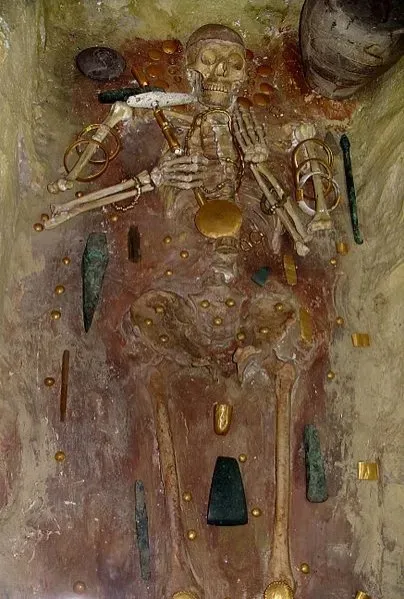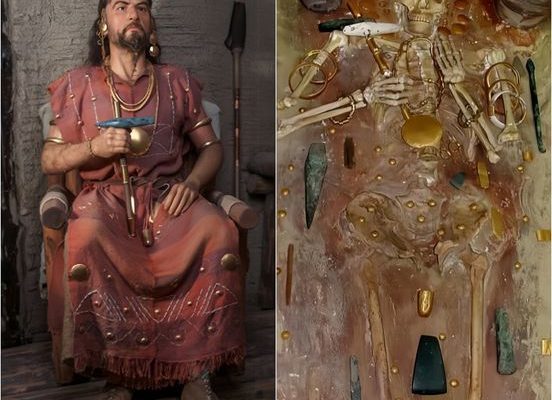Archaeologists have uncovered what is believed to be the world’s oldest processed gold, dating back over 6,500 years, at the Varna Necropolis in Bulgaria. This incredible discovery sheds light on one of the earliest advanced civilizations in Europe and challenges previous assumptions about prehistoric societies.

The Varna Necropolis, a burial site located near the Black Sea, has long been famous for its ancient treasures, but this particular find stands out due to the sheer age of the gold artifacts. The hoard, which includes intricately crafted jewelry, ornaments, and ceremonial objects, was buried during the Chalcolithic period (also known as the Copper Age), marking a significant advancement in metallurgy and craftsmanship for the era.

The significance of this discovery goes beyond just its age. The artifacts suggest that the people of Varna were not only highly skilled in gold processing but also engaged in complex societal structures. The rich graves, filled with gold and other luxury items, indicate the presence of social elites and point to a highly organized, stratified society.

These findings challenge previous beliefs that early European societies were simple and undeveloped. Instead, the Varna culture demonstrates that Europe had advanced civilizations with sophisticated trade networks, wealth, and artistry much earlier than previously thought.

The discovery of the world’s oldest gold at the Varna Necropolis continues to be a focal point for researchers studying early European history, offering invaluable insight into the life, culture, and innovations of one of the first known complex societies on the continent.



